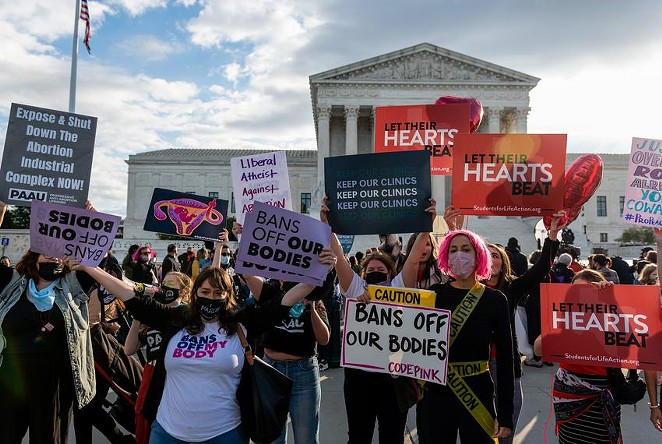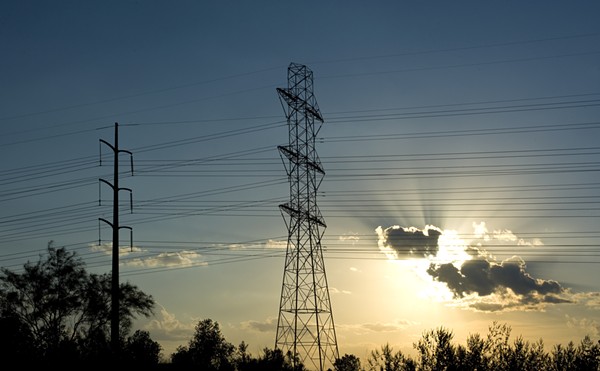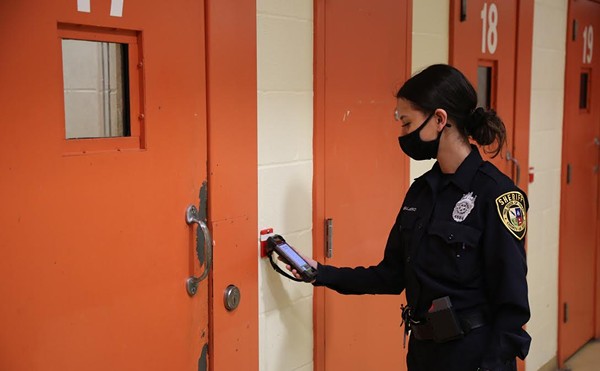
The majority of justices pushed back on the enforcement mechanism that has allowed the law to skirt judicial review so far but seemed skeptical of the federal government’s claims that it had a right to sue the state over the law.
The Supreme Court heard hearings over Texas’ abortion law, also known as Senate Bill 8, as part of two lawsuits — one lodged by abortion providers and the other by the U.S. Department of Justice. Both focused on procedural technicalities surrounding the law and the suits challenging it, not on abortion rights nor the constitutionality of the law itself.
Those questions centered on whether Texas’ enforcement strategy for the law is allowable — which empowers private citizens to sue those who perform or help someone get an abortion disallowed by the law — and whether the United States has the right to sue Texas over the statute.
Notably, conservative Justices Amy Coney Barrett and Brett Kavanaugh seemed to push back on Texas’ unique enforcement mechanism. Their line of questioning and comments suggested they might side with abortion providers in condemning the “loophole” that the law exploits to thwart judicial review. Kavanaugh and Barrett, along with three other conservative justices, voted against temporarily blocking the law on Sept. 1, when the law took effect.
Texas’ law, which blocks abortions at about six weeks into a pregnancy, skirts constitutional precedent by forbidding state officials from enforcing it and instead relying on private citizens to sue those in violation. Typically, in suits aiming to overturn laws considered unconstitutional, courts don’t block the laws themselves — they block their enforcement. This is the reason opponents have struggled to name the right defendants to block the law.
Much of the discussion Monday centered around how that enforcement mechanism could be replicated to cast a chilling effect other rights protected by the Constitution: not just abortion rights, but also gun ownership, freedom of the press and same-sex marriage.
It remains to see how the justices will vote. A decision is unlikely to come the same day as the hearing but could be made soon.
The three liberal justices on the Supreme Court and conservative Chief Justice John Roberts voted in favor of temporarily blocking the law in September. If Barrett and Kavanaugh side with them now, it would likely put enough votes in place to temporarily block the law’s enforcement.
However, even if the law is eventually overturned, abortion advocates fear that the right to an abortion remains in grave jeopardy. On Dec. 1, the Supreme Court is set to take up another high-profile abortion case: Dobbs v. Jackson Women’s Health Organization. Many expect that abortion rights could be taken up as part of that case and fear that Roe v. Wade — which, along with subsequent rulings, affirms a person’s right to an abortion before fetal viability — could be overruled.
Under SB 8, people or groups successfully sued can face penalties of at least $10,000. It’s a restrictive law that, if upheld, ends abortion access for millions across the state.
The law has effectively stopped most abortions in the state. All Texas abortion providers have had to shutter the bulk of the procedures they previously offered, with some ceasing to offer any abortions, even ones allowed under SB 8.
Since then, people seeking abortions have sought services in other states, forming backlogs of Texas patients desperate for the procedure.
This is a developing story; check back for details.
The Texas Tribune is a nonprofit, nonpartisan media organization that informs Texans — and engages with them — about public policy, politics, government and statewide issues.Stay on top of San Antonio news and views. Sign up for our Weekly Headlines Newsletter.
















